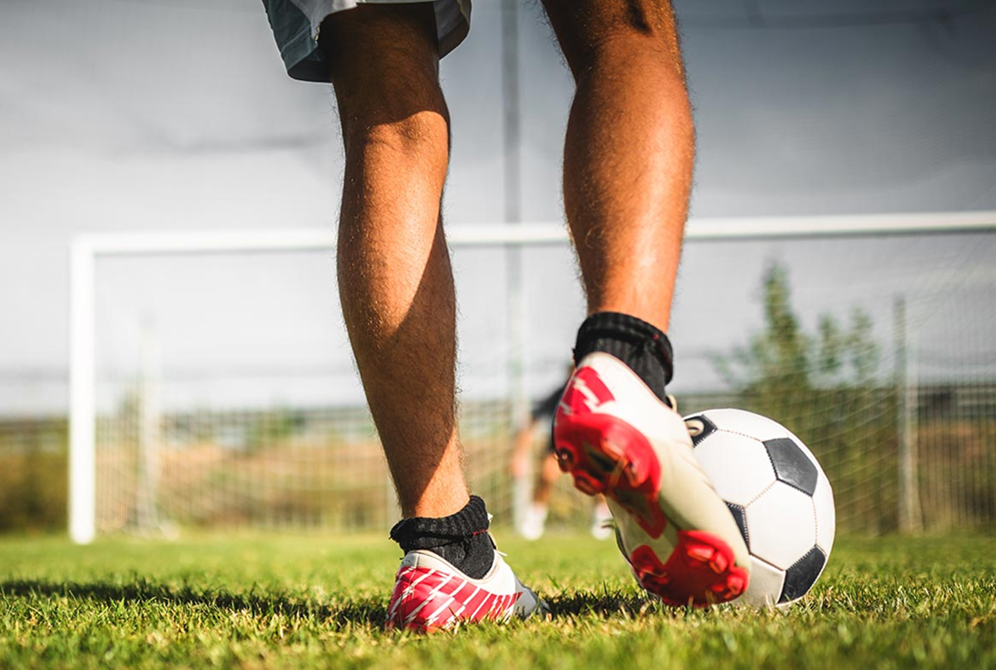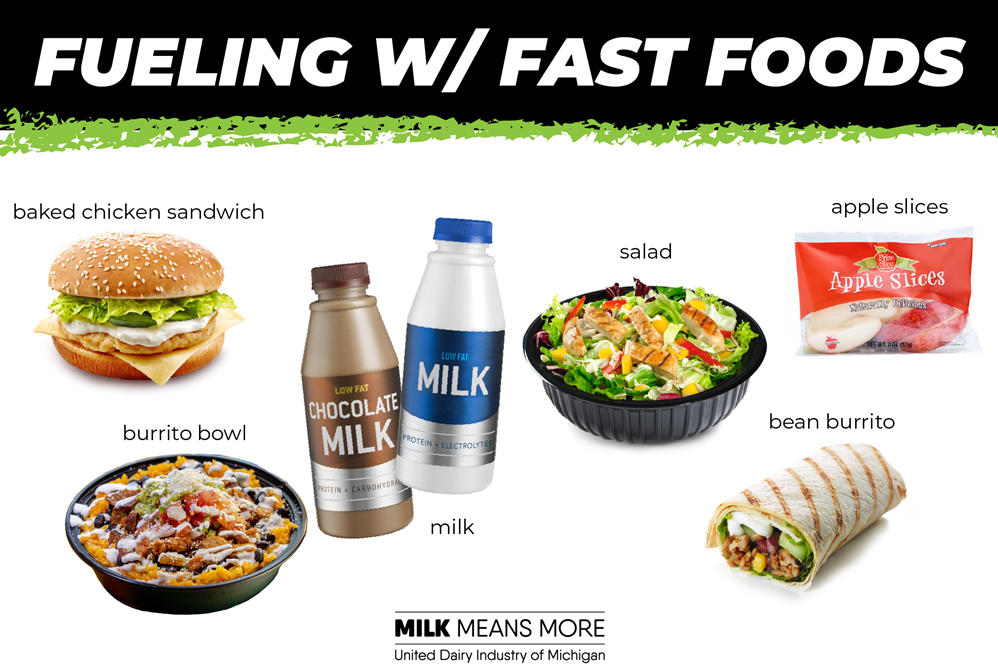
How Acupuncture Can Help Soothe Pregame Anxiety
May 7, 2024
The topic of mental health in sports has been mostly ignored until fairly recently. But thanks to several high-profile athletes’ willingness to open up about their struggles, the topic is no longer quite so taboo.
 “Athletes at all levels are realizing the importance of their overall mental health, mental preparation before an event and mental recovery afterward,” says Thomas R. Betts, DAOM, LAc, a sports medicine acupuncturist at Henry Ford Health. “Having your mind in the right place pays big dividends in terms of sports performance.”
“Athletes at all levels are realizing the importance of their overall mental health, mental preparation before an event and mental recovery afterward,” says Thomas R. Betts, DAOM, LAc, a sports medicine acupuncturist at Henry Ford Health. “Having your mind in the right place pays big dividends in terms of sports performance.”
One of the many tools athletes are using to get their minds healthy is acupuncture. It may be an ancient Chinese practice, but it can be useful to help improve the mental health of modern athletes.
What Is Acupuncture?
Acupuncture is a healing technique that has been used in traditional Chinese medicine for thousands of years. Acupuncture practitioners (acupuncturists) insert very fine, thin needles into the skin at various points on the body, depending on what condition they’re treating.
According to traditional Chinese medicine, the insertion points for the needles correspond to specific internal organs or energy channels in the body. “The philosophy behind traditional Chinese medicine is that acupuncture works by manipulating the flow of blood and energy to create balance and harmony in the body,” says Betts.
From a Western medicine perspective, acupuncture works by stimulating the central nervous system and by having some direct effect on the tissues in which needles are placed. Acupuncture also has a balancing effect on hormones within the body. It works well with other treatments for anxiety such as sports psychology, massage therapy, guided visualization and meditation.
How Can Acupuncture Improve Sports Performance?
Acupuncture has long been used to help people relax, reduce stress and cope with anxiety. And it can have that effect even when the acupuncturist is treating a physical problem. “Even when I’m treating an athlete for a sports injury, when I ask how they feel post treatment the overwhelming response I hear is ‘I feel so relaxed,’” says Betts.
This is why acupuncture seems like a natural fit for helping athletes of all levels cope with performance anxiety, pregame jitters or other competition-related fears. “Reducing stress helps athletes perform better,” says Betts. “And more and more athletes are realizing that taking care of their mental health and using tools to stay mentally focused can really enhance their performance.”
When Should Athletes Try Acupuncture?
Since an acupuncture session can leave you feeling super calm and relaxed, you don’t want to try it for the first time right before a game or competition. “The timing is important,” says Betts. “You want the athlete to feel motivated to compete, not totally Zenned out.”
The best approach is to schedule a series of acupuncture sessions in the weeks leading up to a big game, competition or race. Betts says he typically recommends athletes come in twice a week for three weeks to get started. “It’s not about treating their anxiety in the moments before a game,” he says. “It’s about establishing a baseline of calm that they can carry with them into the competition.”
While there’s still some stigma surrounding athletes and mental health, Betts sees the popularity of acupuncture as one sign of a shift. “I think we’re trending in the right direction for mental health,” he says. “Athletes are starting to understand that if they want longevity and success in their sport, they need to take care of their mental and emotional health—not just the physical.”
Reviewed by Thomas Betts, DOAM, RAc, a certified sports acupuncturist who sees patients at the Henry Ford Center for Athletic Medicine in Detroit.
To find a sports medicine provider at Henry Ford Health, visit henryford.com/athletes or call 313-651-1969.

Coach's Guide to Nutrition: Fueling with Fast Food
October 8, 2024
Life is busy, and sometimes getting food fast is the only option.
Fueling up with fast food can provide the proper nutrition to students when they are in a pinch.
Learning to identify more nutritious foods on restaurant menus will help provide the macronutrients students need in a meal.
Fast food for breakfast, lunch, or dinner can be part of a balanced diet.
Encourage students to keep the macros in mind when choosing from the menu. Giving students tips, such as choosing baked or grilled chicken, fresh fruit or salads, and milk as a beverage can make it easier for athletes to choose foods that will nourish their bodies.
Information above is excerpted from UDIM’s A Coach’s Guide to Nutrition.


